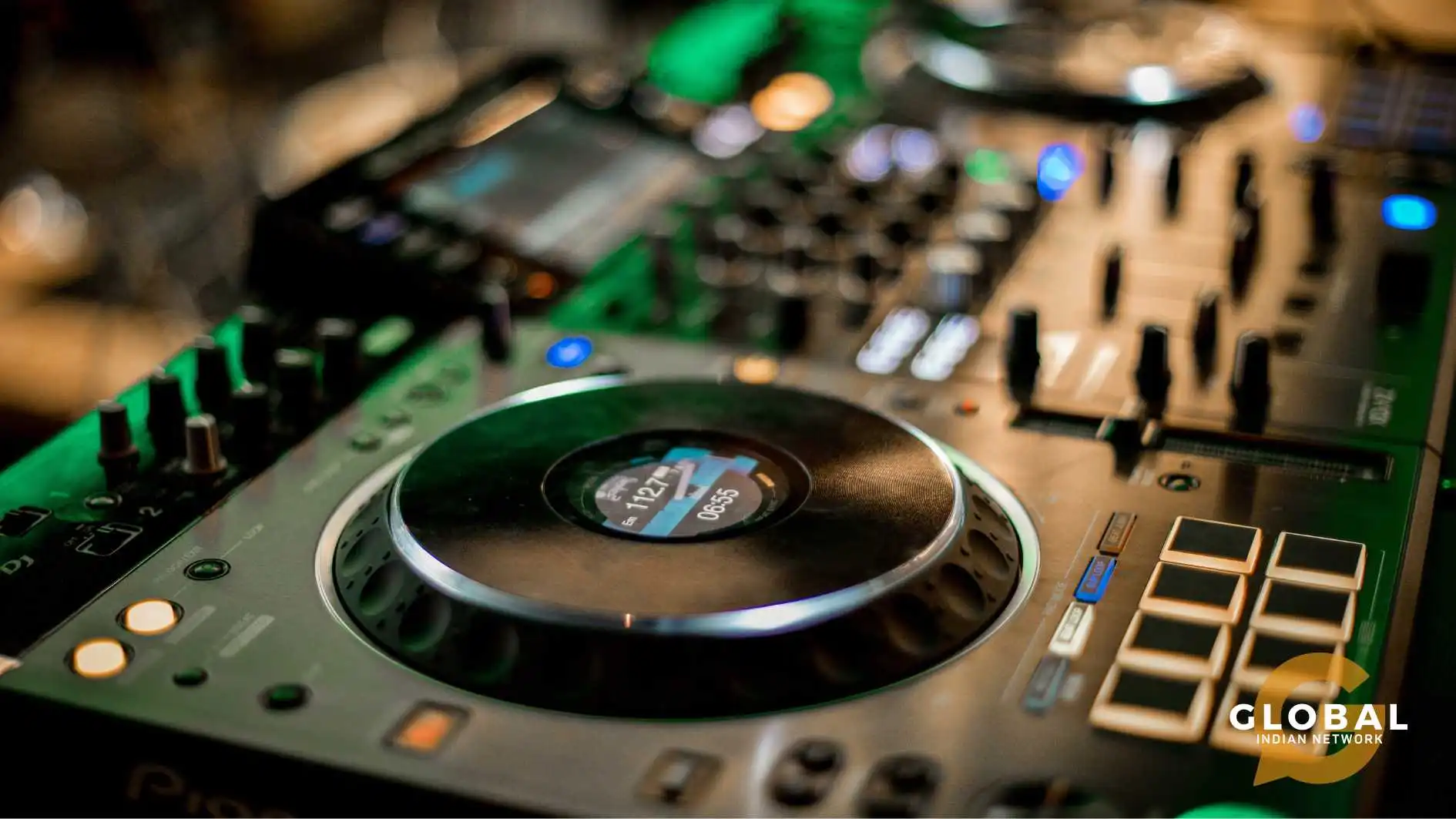The rapid evolution of technology has forever altered the music industry, and one of the hottest debates today revolves around the pros and cons of AI in music. In our increasingly digital world, the intersection of Artificial Intelligence with music creation has sparked discussions about AI-generated music, human creativity, and the overall impact on human experiences. Many experts and enthusiasts alike weigh the pros and cons of AI in music as they marvel at the creative possibilities while questioning whether this technological advancement might undermine the essential human touch. Indeed, exploring the pros and cons of AI in music helps us understand both the tremendous promise and potential pitfalls in an industry eager to embrace change.
Table of Contents
The Evolution of AI in Music
Over the past decade, the integration of Artificial Intelligence into the music industry has accelerated at a rapid pace. Many music producers now use AI-generated music to streamline repetitive tasks during music production, proving that AI can be a powerful tool for the creative process. The pros and cons of AI in music have become a central discussion point as AI-generated music continues to evolve and influence how human musicians and independent artists approach music creation. As technological advancement drives the development of new music tools, traditional approaches to crafting pieces of music are being challenged. In contrast, new creative possibilities emerge for human artists who work alongside technology.
In its early stages, AI-generated music was seen as a novelty, but it has now grown into a mature field that offers vast amounts of data and inspiration. The pros and cons of AI in music are evident in how this technology can handle repetitive tasks, allowing music producers and human musicians to focus on human creativity and nuanced details that bring emotional depth to each piece of music. With continued refinement, the seamless integration of technology is yielding exciting possibilities that bridge the gap between human experiences and machine efficiency.

Advantages for the Music Industry
One of the most celebrated aspects of the pros and cons of Artificial intelligence in music is its ability to act as a powerful tool in the creative process. AI-generated music has enabled music producers to generate creative possibilities by rapidly processing vast amounts of musical data. This technological advancement assists in overcoming repetitive tasks; by automating mundane components of music production, music tools powered by Artificial Intelligence allow human musicians to invest more time in exploring human creativity and achieving sophisticated pieces of music.
For independent artists and human artists alike, leveraging Artificial intelligence in music offers exciting possibilities. Many in the music industry appreciate how AI-generated music not only speeds up the music production process but also helps inspire fresh musical ideas. In several studios, music producers have integrated music tools into their workflow, proving that the pros and cons of AI in music often tip in favour of innovation when used to complement the creative process. As a powerful tool, AI-generated music enhances the creative process by giving human musicians more time to infuse each piece of music with emotional depth and the authentic human touch that listeners value.
Furthermore, this technological advancement permits the handling of vast amounts of musical styles and influences at once, providing both consistency and variety. The pros and cons of artificial intelligence in music become particularly evident when considering how technology allows for efficient production without replacing the essential role of human creativity. Music industry professionals see AI-generated music as an enabler that processes vast amounts of data so that the creative process remains enriched by human experiences, ensuring that ethical questions are addressed and that each piece of music retains its human touch.
Challenges and Ethical Questions
Despite its many benefits, the spread of AI-generated music raises significant ethical questions. Critics of the pros and cons of AI in music express concerns over the potential loss of human skills and the diminishing role of human musicians in the creative industry. There is growing concern that relying too heavily on technological advancement could compromise the human touch, leading to music that, while efficiently produced, might lack emotional depth and authentic expression derived from human experiences. Such ethical questions about the creative process are central to the debate and prompt many to ask whether the advantages of AI-generated music outweigh its downsides.
Moreover, ethical questions arise when considering how the creative process is reshaped and possibly tainted by technology. As AI-generated content becomes more prevalent, many independent artists and human musicians fear that the essential human element will be side-lined in favour of efficient, data-driven compositions.
The pros and cons of AI in music are discussed heavily in creative circles, where stakeholders contend that while AI-generated music is a powerful tool for speeding up repetitive tasks and offering vast amounts of new ideas, it must not overshadow the unique contributions of human musicians. Many human artists insist that the future of music production should always integrate human creativity with technological advancement, safeguarding the human touch and maintaining the emotional depth that defines truly moving pieces of music.
Another area of concern is how the widespread use of AI-powered music tools might affect the balance of power within the music industry. Although these tools offer creative possibilities and reduce repetitive tasks, they also raise ethical questions regarding ownership, originality, and the role of human experiences in artistic creation. Critics of the pros and cons of AI in music argue that without a robust framework to protect human creativity, machine-driven music production may lead to a homogenized output that lacks the nuanced expression typically provided by human musicians. Such concerns have led to heated debates about whether AI-generated music can fully emulate the human touch at the heart of emotional music production.
Conclusion
In summary, the pros and cons of AI in music present a complex yet fascinating challenge for the modern music industry. On one hand, AI-generated music and numerous music tools have revolutionized the creative process, empowering music producers and independent artists with a powerful tool to overcome repetitive tasks and process vast amounts of ideas.
On the other hand, concerns about human creativity, emotional depth, and the loss of the human touch are central to the ethical questions surrounding the integration of Artificial Intelligence. The pros and cons of AI in music underscore that while technological advancement can yield brilliant pieces of music and innovative, creative possibilities, it must always be balanced with human experiences and the unique talents of human musicians and human artists.
As the debate over the pros and cons of AI in music continues, stakeholders in the music industry are tasked with leveraging AI-generated music to enrich the creative process without sacrificing the essential human element. The future of this dynamic field will depend on the careful balancing of technological advancement and ethical considerations to ensure that each piece of music is imbued with both efficiency and the soulful, irreplaceable touch of human creativity.

FAQs
What are some key advantages discussed in the pros and cons of AI in music?
Many experts note that AI-generated music serves as a powerful tool for music producers by taking on repetitive tasks and processing vast amounts of data. This allows human creativity and the creative process to flourish, offering exciting creative possibilities and improving overall music production in the music industry.
How do ethical questions affect the pros and cons of AI in music?
Ethical questions play a crucial role in the debate. Critics argue that overreliance on AI-generated music might diminish the human touch and emotional depth in pieces of music. Balancing the efficiency of technology with human creativity is essential to address these ethical questions and preserve the irreplaceable contributions of human musicians.
In what ways can independent artists benefit from the pros and cons of AI in music?
Independent artists can harness AI-generated music and advanced music tools as a powerful tool to overcome repetitive tasks, explore new creative possibilities, and enhance the creative process. When managed carefully, this technological advancement can lead to innovative pieces of music that blend human experiences with state-of-the-art creative techniques.









